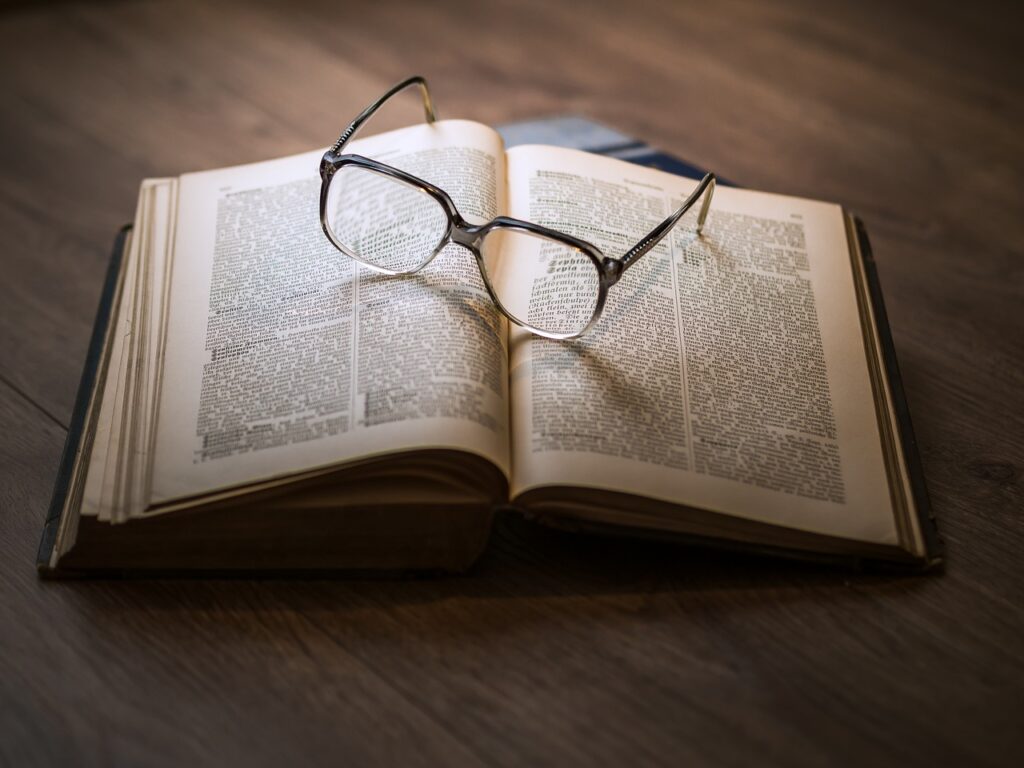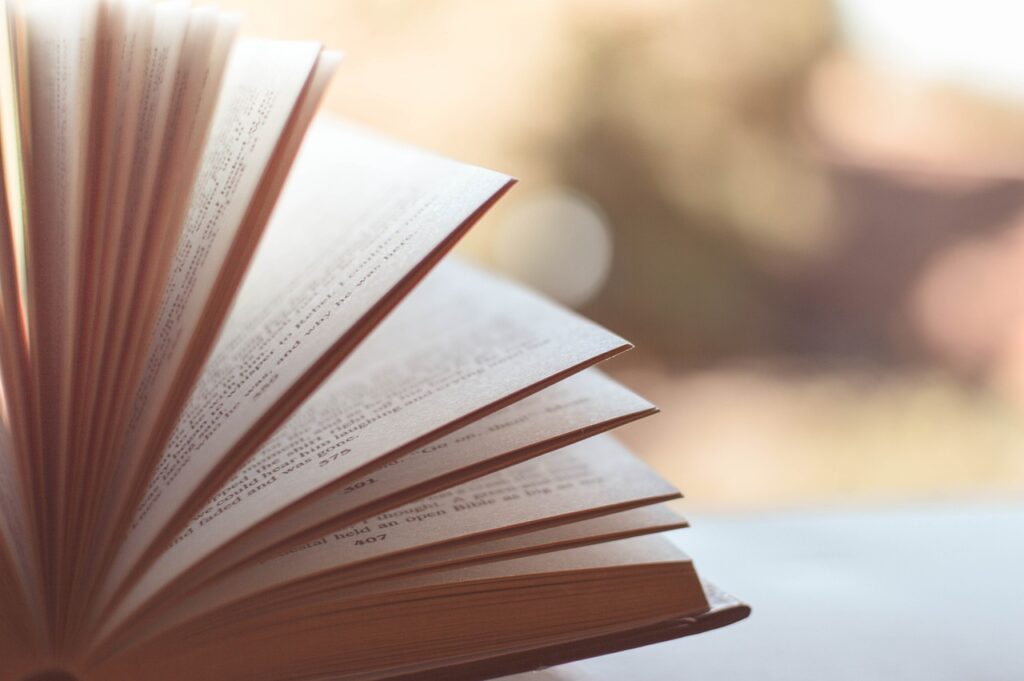It’s
you. You’re the idea machine. Step one? Create an idea. Step two? Well, there
is no step two.
Okay,
okay. Fine. Let’s break it down a little more, shall we? Ideation is the first
step in outlining, writing, and publishing. In a way, it is what sets writers
apart from machines. But how do you find an idea that is worth pursuing? After
all, there are so many books in the world, how can you make your own story
unique? It’s impossible!
Actually,
it isn’t. Frankly, creating an idea is not as hard as you might think. In fact,
there are a multitude of ways in which to come up with ideas that you’re
excited to write. The five options below are just a few examples. If you think
hard enough, I’m sure you’ll be able to come up with more.
Option
1: Write What You Want to Know More About… With a Twist
Mark
Twain once said, “Write what you know.” However, we have always preferred to
say, “Write what you want to know more about.”
Whatever
you write should be something that you enjoy or are passionate about. If
whatever you are passionate about is something you are familiar with, then even
better! John Grisham, a lawyer turned bestselling author of law thrillers,
certainly falls in this category. However, you might not be passionate about
your current or previous career. That’s okay too.
Learn
about something that excites you, whether that’s pirates, dinosaurs, and outer
space—the more niche and detailed, the better. It doesn’t matter what the topic
is as long as you enjoy it. Then, when you have a better grasp of whatever you’re
learning about, you can write a story about it—that excitement, joy, and wonder
you have will shine through in your writing.
Now
that you know the topic you want to write about, you need to find the type of
story you want to write. Romance? Science fiction? Fantasy? Are you writing for
kids? Adults?
What
if you don’t know? Well, what you read for leisure is a good indication. If you
really enjoy reading fantasy, maybe start at fantasy.
Now,
at this point you have your topic, genre, and target audience, but you still
don’t have a story yet. Not completely. You need something that sets you apart
from other authors—a twist to make the story yours.
A
typical way to approach this is to analyze popular stories that have been
written to determine what their twist is:
·
Lightning
Thief: Greek mythology… but in the modern day
·
Harry
Potter: The Chosen One vs The Dark Lord… but at a fantasy school for witchcraft
and wizardry
·
Hunger
Games: A broadcast gladiatorial competition for survival… but with kids
Obviously,
we’re oversimplifying. There are many more factors than just a cool twist that
make their books cool, but this is a great jumping-off point for you. Now what
you have to do is find a twist of your own, something your passionate about.
Because once you have your twist, you can expand on that one-sentence idea and
write your bestseller.
Option
2: What if?
We’ve
come up with some of our coolest ideas by simply asking ourselves what if? and
then addressing the fallout. Let’s look at some examples:
·
What if
the sun disappeared?
·
What if
the Dark Lord won?
·
What if
the moon landing had been faked?
Again,
this what if? question needs to be something that you are excited about.
For us, when we ask these questions, we are genuinely curious about what would
happen. Let’s discuss the first example: What if the sun disappeared?
The
first question we ask ourselves is, what happened to the sun? Did it get
stolen, or did it simply vanish? The answer, frankly, is whichever is going to
be the coolest and most fun to write about—something that will open the door
for additional questions later on. In our minds, we see an unfathomably giant
hand appear on the horizon, reach behind the sun, and grab it. Then the sun
gets dragged back down to the eastern horizon and never rises again. It has a
good cinematic feel, so that’s what we’re going with. We haven’t answered all
the questions surrounding the hand, but we don’t need to—we just want it to look
cool and we’ll figure out the rest of the details later.
From
there, we ask ourselves, what would happen to the world as we know if the
sun disappeared? Our minds immediately jump to the idea of energy, heat,
and light—which the sun will no longer provide. The earth would cool. Rapidly.
Water wouldn’t evaporate so there wouldn’t be any rain. Ice would accumulate.
The polar bears would basically become alpha predators again—this scenario is
their dream, humans’ nightmare. With the sun disappearing, the food chain
collapses quickly. Plants and trees die without light, which means all the
herbivores die, which also means that the carnivores are now fighting for the
remaining food supplies, which quickly disappear. What happens after the
herbivores die out? Simple. Natural selection. The strongest carnivores
survive, leaving the wasteland only with the most dangerous of monsters.
This
is what would happen in the balanced, natural world. Yet, we humans don’t
actually live in a balanced, natural world. Now a third question: what happens
to human society? Let’s be honest, society would actually collapse within
an hour. Cities would become a hotbed of murder and mayhem before imploding. The
only “safe place” would be in rural areas, where people could hide. That means
that the farmers and hunters are the best adapted to this new environment.
Except, farming is no longer a thing, as the plants have died. So, the crucial
skill that everybody would need to learn would be hunting, and that would
slowly change from hunting deer to hunting predators to—perhaps—hunting other
humans.
And,
of course, this would only work for a few months before it was simply too cold
for anything to survive. So, the plot for the larger story might be, how
does the protagonist get the sun back?
So,
based on these thoughts, our immediate initial scene would be this:
Kraig Jones was lost. The fact that he didn’t
know the way home scared him more than this dark forest and its unseen
predators—humans among them. While he could survive those threats, being lost
was an entirely different matter. His family was counting on him to return.
Without him, they’d starve to death.
If the pillagers didn’t find them first.
The image was too horrifying to think about,
but more probable with each passing moment. Which way was he supposed to go?
With a bloody game bag over his aching
shoulder, Kraig stared up at the stars, trying to remember which one to follow.
The North Star shined brightest and was to his left, so Kraig was facing east,
where the sun should have been this early in the day.
Not that there was day anymore.
Surviving wouldn’t have been a challenge with
light—any light. He could have used it to look for marks he’d made on trees or
even his own footprints. But lanterns were a danger to use in the open where
anybody else could see them. It was an easy way to get killed.
Yet, Kraig could stumble around in the dark
for hours, even days, without finding home. What other choice did he have?
Kraig lit his lantern, and the wolves started
howling…
Engaging,
right? This idea came from a single question and can build into a larger world.
You can do the same. Start small, build your way up from there.
But
of course, if this type of idea generation isn’t your style, here’s another.
Option
3: Dream journal
Sleep
is the realm of pure creativity, which is great for writers, because normal
humans sleep for a third of our lives. Vivid dreams and nightmares crawl across
our eyes only for us to wake up and forget. But what if you could remember?
Sleep
journals are great for doing just that. We keep dream journals. Immediately
when we wake up, we write down whatever we can remember—especially if we wake
up in the middle of the night when the dreams are fresh.
Admittedly,
most of the dreams don’t make any sense. At first, your dream journals are
going to suck. They’ll sound something like this:
Smart,
evil ghosts. They attacked. I died.
However,
as you do this more often, you’ll better remember your dreams:
Five
kids go into hospital. Abandoned. Three-levels with padded rooms on third
story. One door open with a bowl of red pills. One kid takes the pill. He gets
superpowers. Convinces others to take it. Superpowers become too extreme and
ruin their mortal bodies. Tentacle head? Scientist watching them. Kids try to
escape. They die.
We
don’t recommend using your phone because, when you’re half-asleep, you’ll have
a tendency to mistype words and then you really won’t have any idea of
what you’ve written. We’ve looked back at old journal entries that look
horrendous:
Jabf
is a bon whose mom is spy and is taken prysner
Yeah…
Not our finest work, but you get the point. Write long hand and do it as soon
as you wake up. The worst feeling is to have a crazy-cool dream, say “I’ll
write it down later,” and then forget about it. Trust us. We’ve done it before
and it sucks.
Option
4: Read… A lot.
You
may be asking, “What if I don’t read for leisure?” Well, you should. You
definitely should. How can you ever hope to write a fun, unique story if you
don’t read? That’s like asking a football player to play in the NFL without
knowing the rules.
Yes,
fictions books are, in themselves, rulebooks. Fun ones though they may be, you
can learn a lot about writing just from reading, because how people write is
pretty similar. Yes, authors have individual styles, but plots overlap, styles
overlap, and, by definition, tropes overlap.
Hands
down, the best way to figure out how to write—and what to write—is by
reading. Don’t just limit yourself either. If you want to write fantasy, read
about various technologies, biological evolution, mythology, and history… in
addition to fantasy. Even then, read science fiction, thrillers, and romance,
too. Why? Because when you diversify what you read, you’ll have far more ideas
swirling around in your head. In this way, you’ll be able to see what type of
character you really enjoyed reading about (as well as how the author pulls it
off), what plot points and arcs are most engaging, and what type of settings you’d
want to see more.
Option
5: New Experiences
This
should go without saying, but put yourself out there, pay attention, and don’t
look at your phone. Observe the world. Interact with it. And maybe, just
maybe, a story will hit you smack in the face. After all, that’s happened to me
before.
Whichever
option you choose, after you find your idea, be sure to use it to build your blurb.



